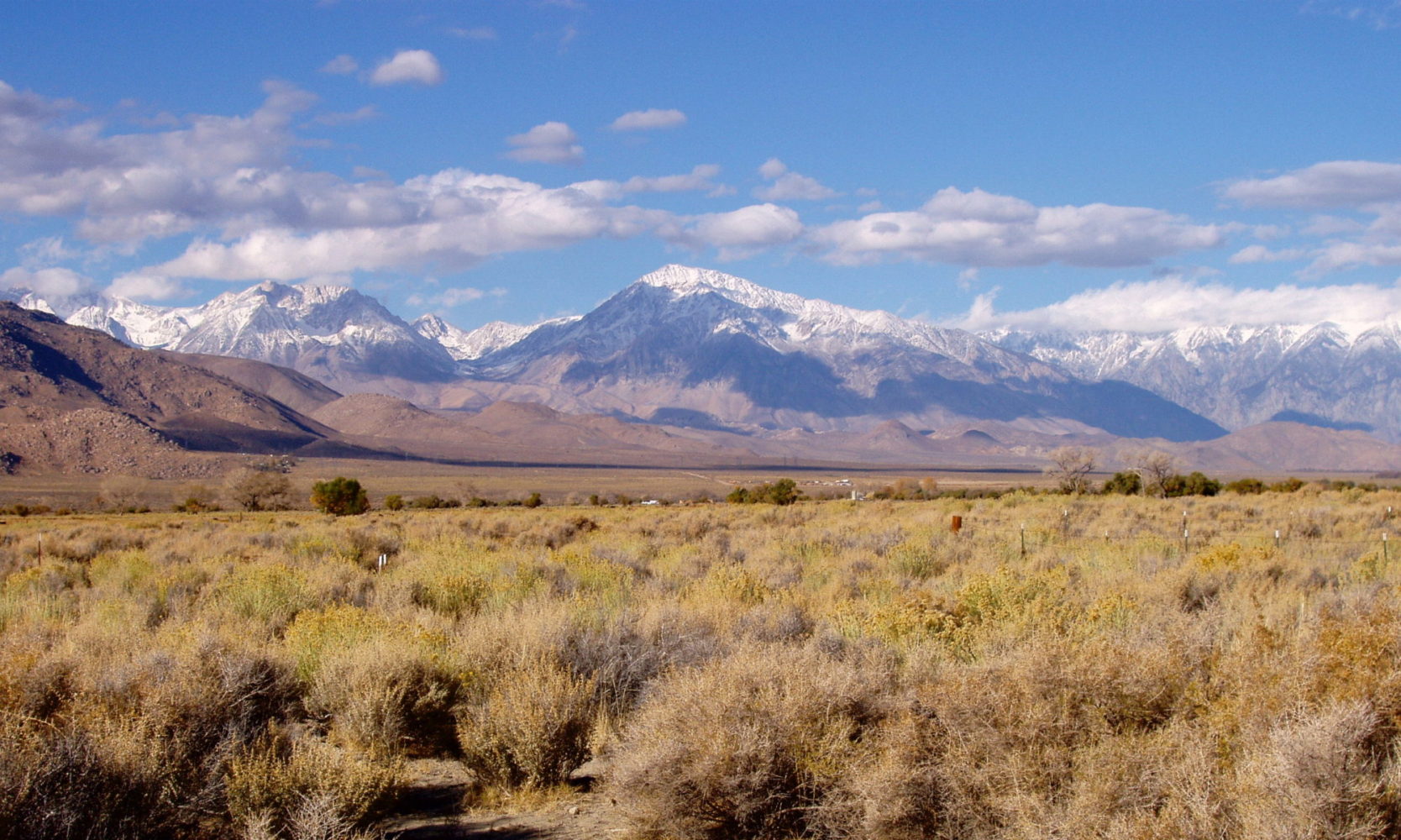Update – I will NOT be accepting new students this year.
Do you think you might be interested in joining my lab?
I am looking for new students whose areas of interest overlap with mine. If the research topics described on this website are of interest to you, I encourage you to get in touch by email. Research in my lab is interdisciplinary, spanning plant physiology, soil biogeochemistry, and biosphere-atmosphere interactions. Students in my group can have a variety of backgrounds, including (but not limited to) earth science, biology, ecology, environmental science, and engineering. My own undergraduate degree is in Earth & Environmental Science. I believe that creativity and a strong work ethic are more important for success than discipline-specific training. I am committed to increasing diversity in academia, I strongly encourage inquiries from women and underrepresented groups. The video below will give you the sense of what some of our field work is like.
What program should I apply to?
As a student in my lab, you would be a member of, and housed in, the Center for Ecosystem Science and Society (Ecoss). Ecoss is a research center and not a degree-granting academic unit. My academic unit is the Department of Biological Sciences, and this is the graduate program to which you should apply. I am primarily interested in PhD applicants.
If a PhD in Biological Sciences is not a good fit for you, I am also potentially able to co-advise students in other departments and schools. Please contact me for more information.
What about funding?
If accepted to a graduate program with me as your advisor, you can expect to receive financial support, which will include a tuition waiver and 9 month stipend. Most students also receive 3 months of summer support, if funding allows. This support may come from a variety of sources, e.g. teaching assistantships (“TAs”) provided by the department in exchange for assisting with class instruction, or graduate research assistantships (“GRAs”) funded external grants (usually but not necessarily in my lab). TA and GRA positions expect a 20 hour per week commitment in addition to your own graduate work.
Do you think NAU might be the place for you?
At NAU, ecological expertise is spread across a number of different departments, schools and centers (Center for Ecosystem Science and Society; School of Informatics, Computing, and Cyber Systems; School of Forestry; Department of Biological Sciences; School of Earth and Sustainability). Members of NAU’s faculty are internationally recognized for their research. As a group, we seek to apply ecological principles (1) to understand basic questions about the structure and function of Earth’s ecosystems and the diversity of life on earth; (2) to investigate and predict how ecosystems are affected by climate change and other global change factors; and (3) to solve contemporary environmental challenges.
We pursue research questions that are both basic and applied, and research interests that span from individual organisms to the globe and beyond. With state-of-the-art laboratories and research facilities, we train scientists to apply broad trans-disciplinary thinking and leading-edge methods to address the pressing challenges facing Earth.
Flagstaff is beautiful, has excellent recreational and outdoor opportunities, great weather, and a relaxed culture that make it a wonderful place to live, work, and enjoy life! Nestled at the foot of the San Francisco Peaks (12,500′ summits), at an elevation of 7000′, Flagstaff experiences all four seasons (including 100 inches of snow per year) and remarkably sunny weather (averages 266 sunny days per year).
This all sounds good, what should you do?
Send me an email that includes: 1) a detailed description of your research interests, including your potential research questions, 2) a summary of your educational background and past research experience, 3) your CV or resume and 4) anything else that seems relevant, like publications. This information will allow me to assess whether I am a good potential advisor for you, and if you are a good fit for the lab.
